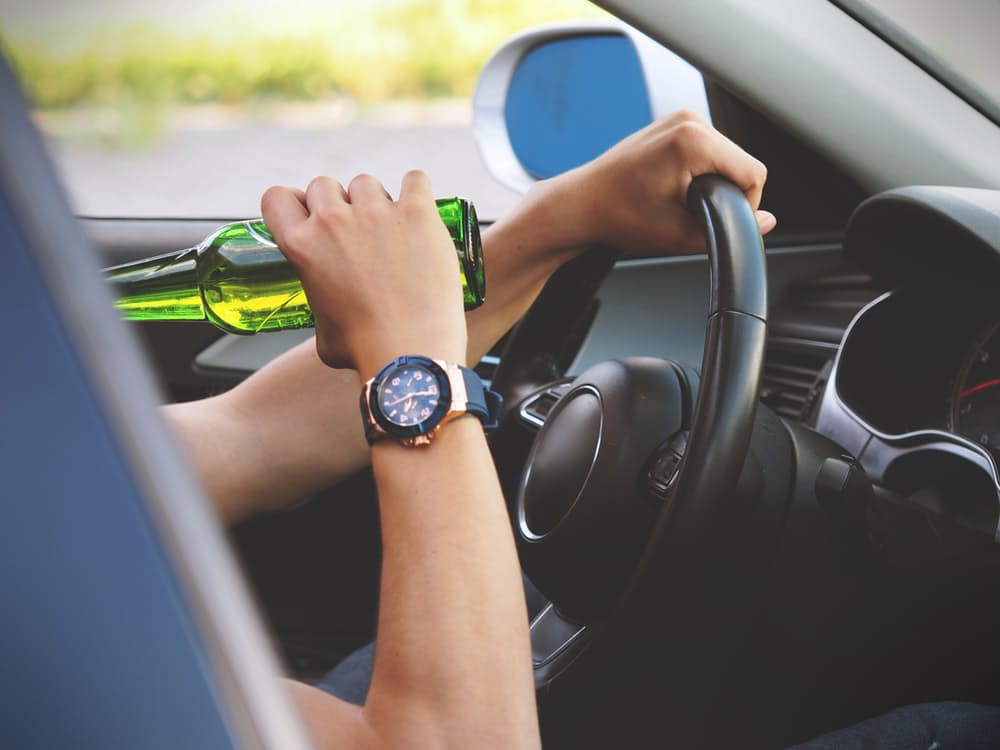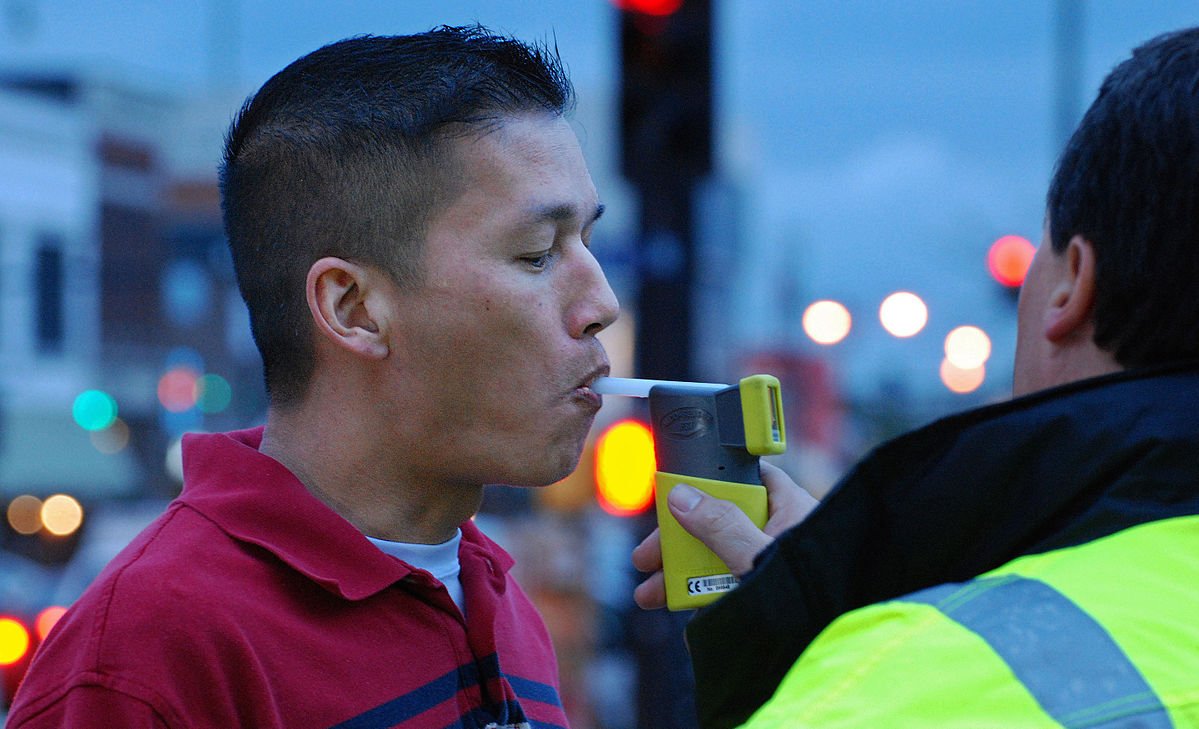The arrival of a new year is a time for celebration – and for many, intoxication. New Year’s is traditionally one of the worst times for alcohol-fueled road accidents, surpassing the average of 28 car deaths that happen in the US every day.
While numerous campaigns warning of the dangers of drinking and driving have been mounted by law enforcement and advocacy groups, technology designed to prevent drunk driving has yet to be widely adopted by automakers or consumers.
Seeking a way to curb drunk driving by using the latest in technology, a new Israeli-designed “virtual breathalyzer” uses sensors in smartphones, smartwatches, fitness bands and virtual glasses to measure changes in how a person walks to indicate intoxication levels. Developed by Ben Nassi, a researcher at Ben–Gurion University of the Negev (BGU), the virtual breathalyzer proved to have identical accuracy to police breathalyzer tests.
SEE ALSO: Alcohoot: The World’s First Smartphone Breathalyzer
“Alcohol distinctly affects movement, gait and balance in ways that can be detected by the built-in motion sensors on devices people carry around with them all the time,” Nassi, a Master of Science student at BGU’s Department of Software and Information Systems Engineering, said in a statement. “Our system simply takes a baseline reading while walking from the car to the bar and another one on the way back to compare and identify movements that indicate drunkenness.”
Applications based on Nassi’s trained machine learning model for measuring intoxication could be used to alert people, or even a connected car, and prevent users from driving under the influence.
Just as accurate as a police breathalyzer
Nassi was guided on this project by his advisors, Professors Yuval Elovici and Lior Rokach of BGU. The breathalyzer project has been uploaded to Arxiv, a repository of electronic preprints of scientific papers which can be accessed online.
In the study, Nassi and his team collected test data from patrons at different bars on five nights. They asked 30 participants (60 percent men, 40 percent women) to measure their gait before drinking and then 15 minutes after their last drink, which is the same standard used for police breathalyzers. Most of the study participants were in their early twenties, which is the group considered by the U.S. National Highway Traffic Safety Administration to have the highest risk of causing fatal accidents due to alcohol consumption.
Sign up for our free weekly newsletter
SubscribeParticipants wore Google Glass augmented reality glasses, an LG G-watch on their left hand, a Microsoft Band on their right hand, and carried a Samsung Galaxy S4 cell phone in their right rear pocket. Each person walked for 16 seconds until they heard a beep through their headphones. Test results validated with a police breathalyzer detected intoxication levels with 100 percent accuracy.
SEE ALSO: This App Turns Your iPhone Into An Intelligent Dash Cam To Avoid Car Accidents
The threshold and counting method for measuring sobriety varies among countries. In the US, generally the threshold for illegal blood alcohol concentration level, or BAC, is .08 or higher. The researchers used Israel’s intoxication limit — which is 240 micrograms of alcohol per one liter of breath — as the measuring point for their experiment.
“While the experiment used all four devices to measure movements in different parts of the body, a combination of watch and smartphone readings taken from at least two parts of the body yields similar results,” Nassi said in a statement.
Smart wearable devices are a burgeoning market, with 275 million sold in 2016, and another 322 million units forecast in 2017. The researchers are optimistic that within a few years, the application will be useful for people who routinely use a smartwatch along with their smartphone.
“A system based on our approach could prevent a person from driving under the influence after an alert unobtrusively detects intoxication while they are walking to their car,” says Nassi. “As the Internet of Things (IoT) progresses, the system could even trigger a connected car not to start when a driver tests above the legal limit.”
While drivers can always test their own blood-alcohol level before driving by using a personal breathalyzer, these items tend to cost between $100 to $150 and vary in accuracy, making the virtual breathalyzer a very attractive alternative.
Pictures: Ben-Gurion University, Pexels, Wikipedia Commons
Related posts

Editors’ & Readers’ Choice: 10 Favorite NoCamels Articles

Forward Facing: What Does The Future Hold For Israeli High-Tech?

Impact Innovation: Israeli Startups That Could Shape Our Future






Facebook comments